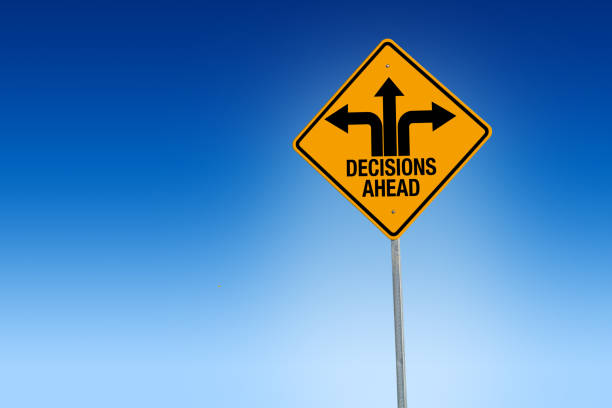Five Effective Decision Making Skills For Making Decisions

These methods let us dive with both feet and not think too much about the consequences. Check out this TED Talk by Patrick McGinnis on making quicker decisions.
1. The 2-Minute Rule
This strategy is intended to motivate you to take action by setting a deadline. This tip is easy to apply If you have to decide, create a timer and begin the process.
The time limit requires you to assess quickly the pros and cons of making a quick decision. This is a simple tip and easy to understand.
A study has found that when people know when a focal task would end, they invest more effort into it as the decision to not do other things is less costly. Study participants were less exhausted. This is due to the importance of deadlines.
If you're simply slow at making decisions, then this advice is an absolute lifesaver. It doesn't mean you have to be spending 2 minutes every time. You can work for anywhere between 1 to 5 minutes. Homepage to learn more about decision making right now.
If you realize you've got a big or important decision to make that will require more than 1 five minutes, give yourself more time, but still apply a deadline. Whether it's 24 hours, or a week, having a limitation will make you take taking action.
2. Think of white and black
There are times where we have more options than we need. Insomnia can result in overwhelm. Research studies have shown that the average American adult takes an average of 35,000 choices every day, which can lead to analysis paralysis or decision fatigue.
In this situation, utilize your decision-making abilities to assess your options as being good or bad, thereby making it easier to filter out the less optimal decisions.
This approach is perfect for the over-analyzers who insist on questioning every variable. While it's fine to spend some time thinking about certain things in order that you can better evaluate them, it can become difficult if you think too much.
3. Put it inside a Hat
This is the simplest method to decide. If you feel that all choices have equal value, make an outline of your top choices and then place them in bags or in a the hat. The decision you make will be one you pull out at random.
This is great for quick decision-making. It also works well if you have many
tasks you don't want to do--these you could pair with an incentive or
hat.
Complete a task and when you're done, take your random reward from the second hat. This will help to make the task more enjoyable.
This one is not suitable for big make a decision. I wouldn't suggest putting all possible locations in the hat when you're trying to decide which place to buy your first home. The hat could aid you in deciding what outfit to wear to tomorrow's party.
4. Keep your eyes on the Present
It's easy to be overwhelmed by the vast picture and not see the consequences of our decisions in the near future.
The process of making an agreement can be mentally exhausting as you try to visualize each step and every result. It's better to channel your energy to accomplish the work at hand and just try to make the best choice.
Stay present and choose the best next step. Doing this for every step is an
excellent option for the chronic non-decision maker.
This is among the decision-making skills that may involve visualization. Your performance could be dramatically improved by visualizing the outcome of each possible decision.
5. Embrace the Idea of Failure
Slow decision-makers are the ones who have the most anxiety that their decisions may cause bad outcomes.
We react by overthinking the situation, causing us to question every aspect of the decision. We risk making an uninformed decision since we spend time and energy pondering irrelevant questions. This way of thinking needs to be altered.
In his autobiography It Doesn’t Take to be a Hero by General Norman Schwarzkopf, he shares 14 principles of leadership. Rule 13 says "When given the command position take charge." Making a decision will enable you to proceed. Yes, even incorrect decisions.

